World Cup labourers to stay safe with cooling hard hats
By Reuters
30 December 2016 |
12:59 pm
Migrant workers building soccer stadiums in Qatar's desert heat are to be given 'cooling' hard hats to reduce their body temperature and risk of suffering heat stroke, tournament organizers said.
Related
Related
17 Apr
With Nigeria’s key lending rate at 24.75 per cent, developers in Nigeria’s real estate sector say the rate is fast impacting the growth of the industry. How are developers adapting to market shifts and new opportunities amid these challenges? Ayoolanrewaju Kuyebi, the MD and CEO GMH Luxury joins CNBC Africa for this discussion.
17 Apr
In Nigeria, a pharmacist's club create awareness about andropause. They de-stigmatizes andropause and advocates regularly healthy checks.
21 Apr
Australian scientists say the Great Barrier Reef – the world's largest coral reef, stretching over 2,300 kilometres along the country's northeastern coast – is undergoing its seventh "mass bleaching" event since 1998. This comes after they conducted aerial surveys of more than 300 shallow reef. Faced with climate change, coral reefs are the most vulnerable ecosystems in the world. But various techniques are being experimented to restore them
3 days ago
The world of work is undergoing a rapid transformation, constantly reshaping how we think about work, careers, and success. The rise of remote work, the increasing importance of skills over degrees and of course, the impact of artificial intelligence and automation has all led to what we now call the new work era.
1 day ago
The president of the Confederation of African Football (CAF) Patrice Motsepe discussed his ambitions for African football and his tenure as CAF president.
1 day ago
Eye on Africa tours the Hope Hostel in Kigali. It's one of the lodgings prepared by Rwanda to take in migrants deported from Britain, the first of whom could arrive in a few months' time under a controversial policy.
Latest
2 hours ago
Find these stories and much more when you grab a copy of The Guardian on Saturday.
7 hours ago
Trump and Duda discussed a range of issues, including Russia's invasion of Ukraine. Ahead of the November US presidential election, Trump is taking time to forge ties with foreign leaders.
7 hours ago
April 22 marks Earth Day, and this year's theme is "Planet vs. Plastics". Over the past 60 years, around 7 billion tons of plastic have been produced, according to the UN. But only around 10 percent of it has been recycled. Initiatives are flourishing around the world to tackle the waste crisis, including new technology to improve recycling rates.
8 hours ago
Guardian Woman Festival: Women's World - Strength in Femininity
8 hours ago
At least thirteen people have died in Nairobi due to serious flooding caused by torrential rains that fell last Tuesday night, the Police reported this Thursday.
×

Get the latest news delivered straight to your inbox every day of the week. Stay informed with the Guardian’s leading coverage of Nigerian and world news, business, technology and sports.


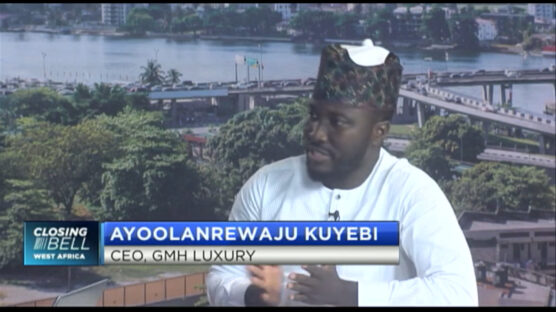
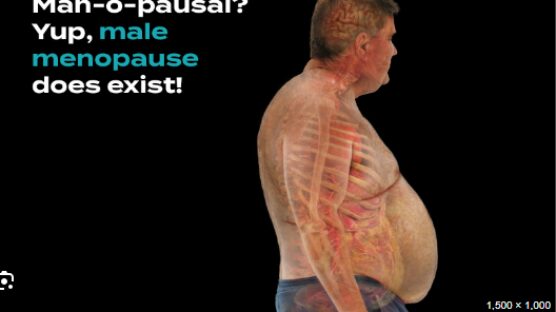



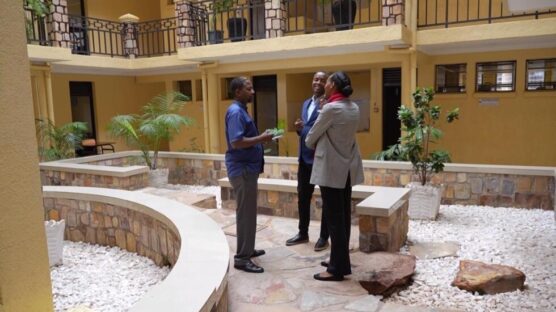





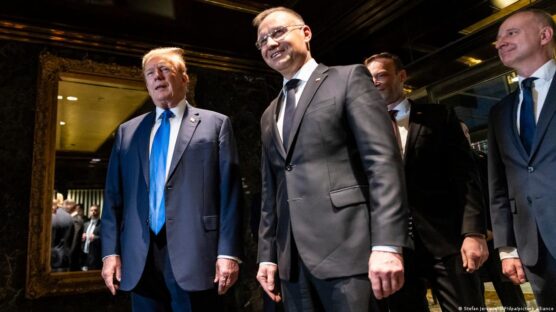


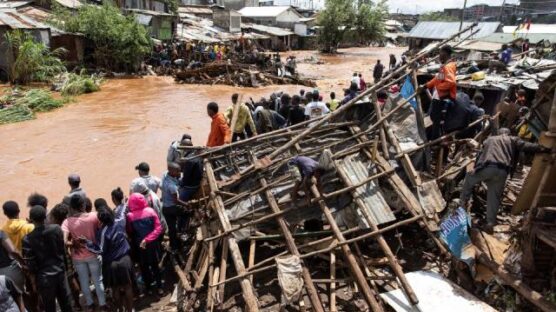
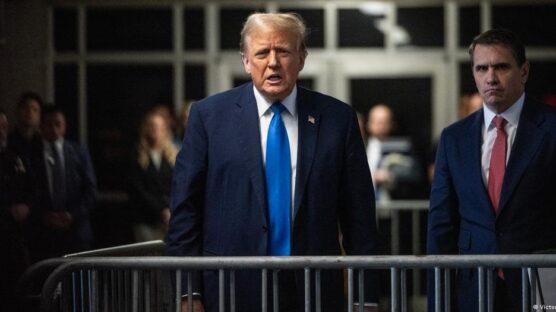
0 Comments
We will review and take appropriate action.